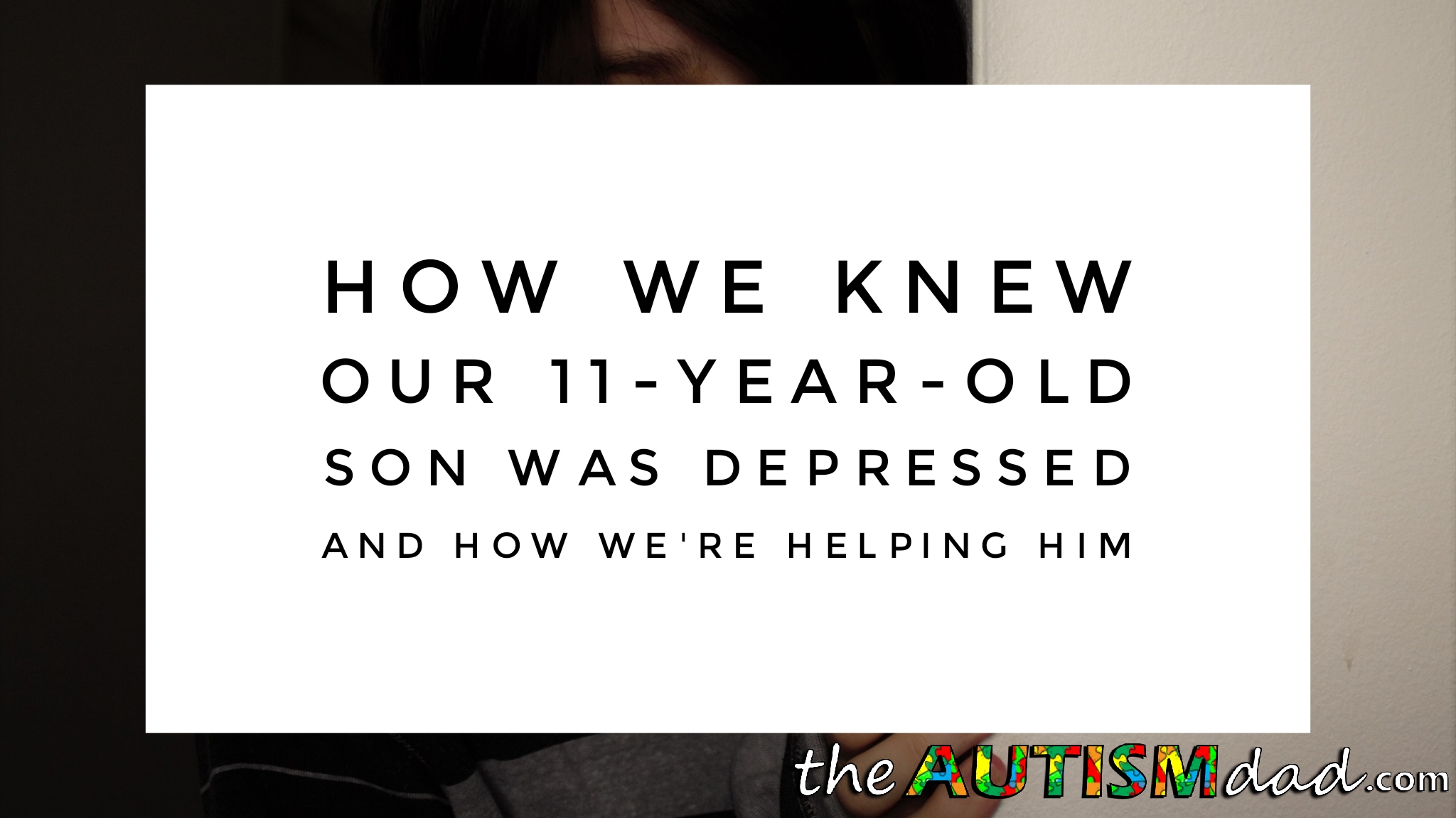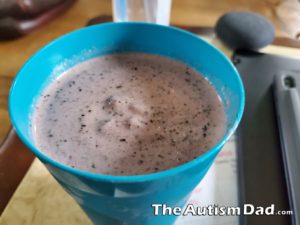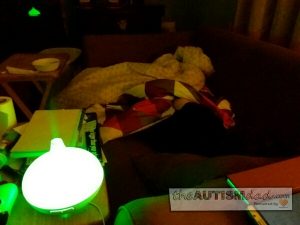I’ve spoken about my personal war with depression many times. This time, I thought I would take a few minutes and provide some insight into how we knew that Emmett was struggling with depression, as well as why we decided medication was in his best interest.
Everyone is different, and this is not to be viewed as medical advice or replace seeking help from your doctor.
Emmett is our recently turned 11-year-old. He’s the youngest of our three autistic kids. He’s been through a great deal in his short life from Gavin’s extreme behavior to the loss of three family members in the last eight months.

Everyone in our house is on at least one medication, and some are on multiple. We take medications very, very seriously, especially for our kids. Medication can be a tool that helps improve quality of life, but not if it’s irresponsibly used.
Medication is never something we impulsively jump to, but over the years, we’ve learned that it can be a very positive thing.
In Emmett’s case, he just started taking 10mg of Prozac daily for depression.
For a while now, we’ve been worried about him because he was showing signs of depression. Depression can present differently in kids, and so it can be missed if you don’t know what to look for.
Symptoms of Depression
Your child or teen may have some or all of these signs and symptoms of depression:
Other symptoms may include hopelessness, anxiety, aches and pains and oppositional behavior (being uncooperative and hostile).
We noticed mood swings, irritability (more than usual), sleep disturbances, overall sadness, changes in weight, anxiety, excessive worry, loss of interest in things he was previously interested in, and raging. Oh man, the raging is terrible.
He was previously interested in a lot of things, which used to keep him preoccupied and engaged like terl. He loved technology and computers and we always believed that terl would be a great partner to help him grow his interest further.



